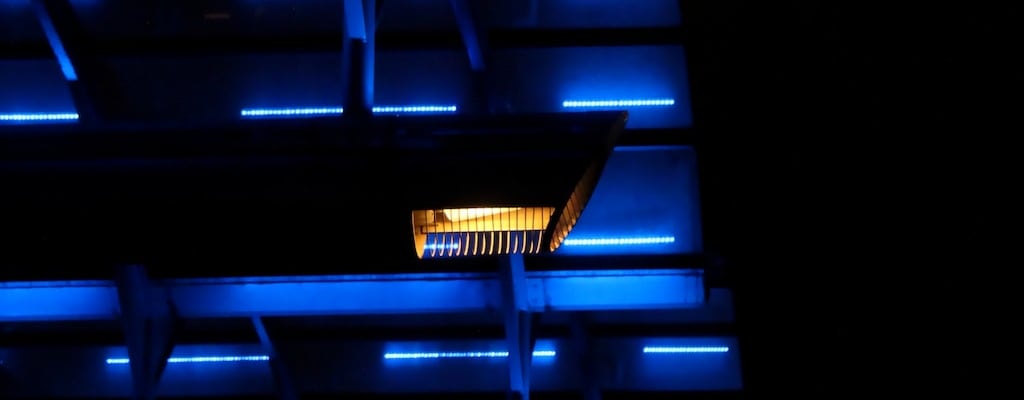most an end: Idiom Meaning and Origin
What does ‘most an end’ mean?
The idiom "most an end" means nearing completion or coming to an end.

Idiom Explorer
The idiom "the sun sets on something" means that something is coming to an end or reaching its completion.
The idiom "on the way" means that something is currently in progress or about to happen. It suggests that something is not yet completed or arrived, but is in the process of getting there.
The idiom "on the wane" means that something is declining or decreasing in strength, popularity, or influence. It describes a gradual and noticeable decline in a particular situation or condition.
Idiom: *on the point of*
Meaning: About to do something or reach a particular state or condition.
The idiom "on the cusp" means being at the point of transition or change, often referring to being on the brink of something significant or experiencing a crucial moment where one thing ends and another begins.
The idiom "on one's last legs" means being in a very weak or near-failing state, usually referring to a person, animal, or thing that is exhausted or deteriorating.
The idiom "on one's deathbed" refers to someone being in the final stages of their life, typically when they are fatally ill or dying. It implies that the person is very close to death, often used to emphasize the seriousness or urgency of a situation.
The idiom "one's days are numbered" means that someone is likely to die soon or that their life will come to an end in the near future.
The idiom "on end" means continuously or without interruption.
The idiom "once and for all" means to do something finally or decisively, resolving a situation or completing a task definitively.
Unanticipated Explanations
Most an end is an idiom used to indicate a significant change or transformation. It conveys the idea that something is approaching its conclusion or final stages. The phrase is a modern variation of the traditional idiom "almost at an end," which has been used since the 17th century.
The origins of the idiom "most an end" can be traced back to the Middle English word "moste," meaning "nearest" or "most prominent." In this context, "most" signifies the imminent occurrence or proximity of something, while "an end" denotes its conclusion or termination. The phrase has gained popularity over time and is commonly used today, particularly in informal conversation and written texts.
The idiom "come to an end" is closely related to "most an end." Both phrases convey the idea of reaching a conclusion or finality. While "most an end" emphasizes the proximity to the end, "come to an end" simply states that something is reaching its conclusion. They are used interchangeably in various contexts and can be used to describe the final stages of a project, a plan, or an activity.
On the other hand, the idiom "on end" has a slightly different meaning. It is used to describe something that is standing or being placed in an upright position for an extended period of time. Unlike "most an end," "on end" does not imply finality, but rather a state of being upright or erect. For example, a row of books standing upright could be described as "on end."
The phrase "no more" is also related to "most an end" in the sense that it signifies the end or termination of something. However, "no more" is more direct and concise, simply stating that something has reached its limit or is no longer continuing. It can be used to indicate the end of a specific action, event, or period of time.
Lastly, "the sun sets on something" is a metaphorical expression that signifies the end or decline of something. It is often used to describe the conclusion of an era or the end of a particular situation or circumstance. Like "most an end," this idiom conveys a sense of finality and the transition to a new phase or chapter.
"most an end" is an idiom that encapsulates the idea of nearing the conclusion or final stages of a situation, event, or period of time. It originated from Middle English and has evolved into a commonly used phrase in modern English. The related idioms "come to an end," "on end," "no more," and "the sun sets on something" share similar connotations of finality, transformation, and the end of a specific action, event, or period of time.
Example usage
Examples of how the idiom "most an end" can be used in a sentence:
- They have been working tirelessly on the project, and it is most an end.
- After several months of planning, the event is most an end now.
- I am exhausted from this long journey, but we are most an end.
More "quantitative" idioms



